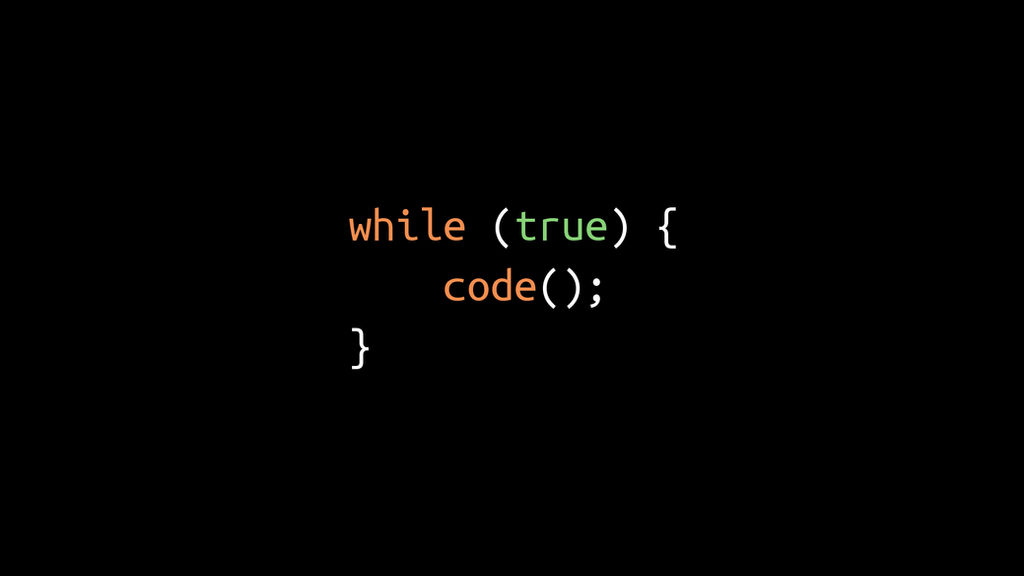Is GitHub Copilot worth it to you?
As a senior developer, I don't find copilot particularly useful. Maybe it would have been more useful earlier in my career, but at this point writing a prompt to get copilot to regurgitate useful code and massaging the resulting output almost always takes as much or more time as it would for me just to write whatever it is I need to write. If I am able to give copilot a sufficiently specific prompt that it can 'solve' my problem for me, I already know how to solve the problem and how to write the code. So all I'm doing is using copilot as a ghost writer instead of writing it myself. And it doesn't seem to be any faster. The autocomplete features are net helpful because they're actually what I want often enough to offset the cost of reading the suggestion and deciding if it's useful. But it's not a huge difference (vs writing it myself) so that by itself is not sufficiently useful to justify paying the cost myself nor sufficient motivation to go to the effort of convincing my employer to pay for it.
Software with politic opinion is are security threat
Software with politic opinion is a security threat
https://vitonsky.net/blog/2024/06/20/politics-in-software/
The software that has a political opinion implies a bias and high risk for security. Avoid software with a "position" today, so you don't get hacked tomorrow.

What's your approach for understanding a big codebase?
understanding a big codebase you have never worked.
What do you call application modules that are responsible for business logic?
Somewhere between API resources, queue workers, repositories, clients and serializers there is a class of ... classes/modules that does the needful. Gun-to-my-head, I would call them "services" but I'm looking for a less overloaded term. Maybe capabilities? Controllers? Pick a term from the business domain? What do you call them?
Is there a "markup language" to describe a debugging session?
I want to document my debugging sessions in a text file but I don't know if anyone did this before.
I came up with this kind of "language" that is a mix between Markdown and C++, but I still wonder if something equivalent exists already.
// When you click on the button
# [click button]
- A::f()
// - ... other method calls, don't document if you don't need to
# A::f()
// "..." for "parameters" where you don't need the details
- Stuff::g(...)
- Stuff::h(...)
// <Class> is a fake template thing to show the possible types of an object
# <SubStuffA | SubStuffB> Stuff::g(...)
- Stuff::g() {} // empty but I use v/=> for virtual call
v/=> SubStuffA::g()
v/=> SubStuffB::g()
# SubStuffA::g()
# SubStuffB::g()
# Stuff::h(...)
I document methods in the order of appearance in the code.
If you have any good idea about a reliable way to document a list of function calls, I'm interested!
[Meta] It would be great to have the subreddit automatically link to this community
I noticed that some of the mods here are also the mods of r/experienceddevs. That subreddit is quite active. Perhaps it would be effective to have automoderator throw a sticky on every post there, just saying welcome to r/ExperiencedDevs, please follow the rules, etc and at the bottom: Did you know we have a Lemmy community? With a link here.
[Blog] Design a Technical Interview
Design a Technical Interview
https://lknuth.dev/writings/design_technical_interview/
Last year, the company I work for was looking to hire a Backend Engineer. We wanted somebody who was a senior or on their way to becoming one. The Backend Squad was tasked with designing an interview to help decide who to hire based on technical merit. Above all, we wanted our interview to favor candidates that are good fits. Now, after working with our new hire for about 11 months, we know that we succeeded.
Self taught = no imposter syndrome?
I am a self-taught programmer and I do not have imposter syndrome. I have a degree in electrical engineering and when I thought that was going to be my career I did have imposter syndrome, so I'm not immune. I wonder if there's a correlation. It seems that many if not most professionals suffer from imposter syndrome; I wonder if that's related to the way they learned.
When I say self-taught, I don't mean I never took a class, I mean the majority of my programming skill was learned by doing/outside of classes. I took a Java class in high school that helped me graduate from procedural languages to OOP, and I took classes in college but with few exceptions the ones that were practical (vs theoretical) covered material I already knew.
Systems engineering in the software industry
My last job was at a company that designed and built satellites to order. There was a well defined process for this, and systems engineers were a big part of it. Maybe my experience there is distorting my perspective, but it seems to me that any sufficiently complex project needs to include systems engineering, even if the person doing that is not called a systems engineer. Yet as far as I can tell, it isn't really a thing in the software industry. When I look at job postings and "about us" blog posts about how a company operates, I don't see systems engineering mentioned. Am I just not seeing it, is it called something else, or is the majority of the industry somehow operating without it?
Interview questions for culture fit?
I'm working on a website that can be best described as "OkCupid crossed with LinkedIn". It aims to help employers and potential employees to figure out if there is a good fit between professionals (whether they are looking for a job or not) and their positions within the team.
Like OkCupid, the idea is to have a catalog of questions in different topics, and everyone can say what they would like to "hear" from a good match. Questions range from interest in company practices (remote vs office-based? what do you think of pair programming?) to preferred management approaches (Do you like to work within a Scrum setting? What is your approach for Buy vs build? ) to opinions about technology stacks and even general cultural values (Do you contribute to open source? Do you think it's important to have side-projects?). As more people answer more questions, it will be able to have a "affinity score" between people and if nothing else it could work as an ice-breaker during an actual interview with a candidate.
If anyone here would like to take go through the questions and help me come up with more ideas.
